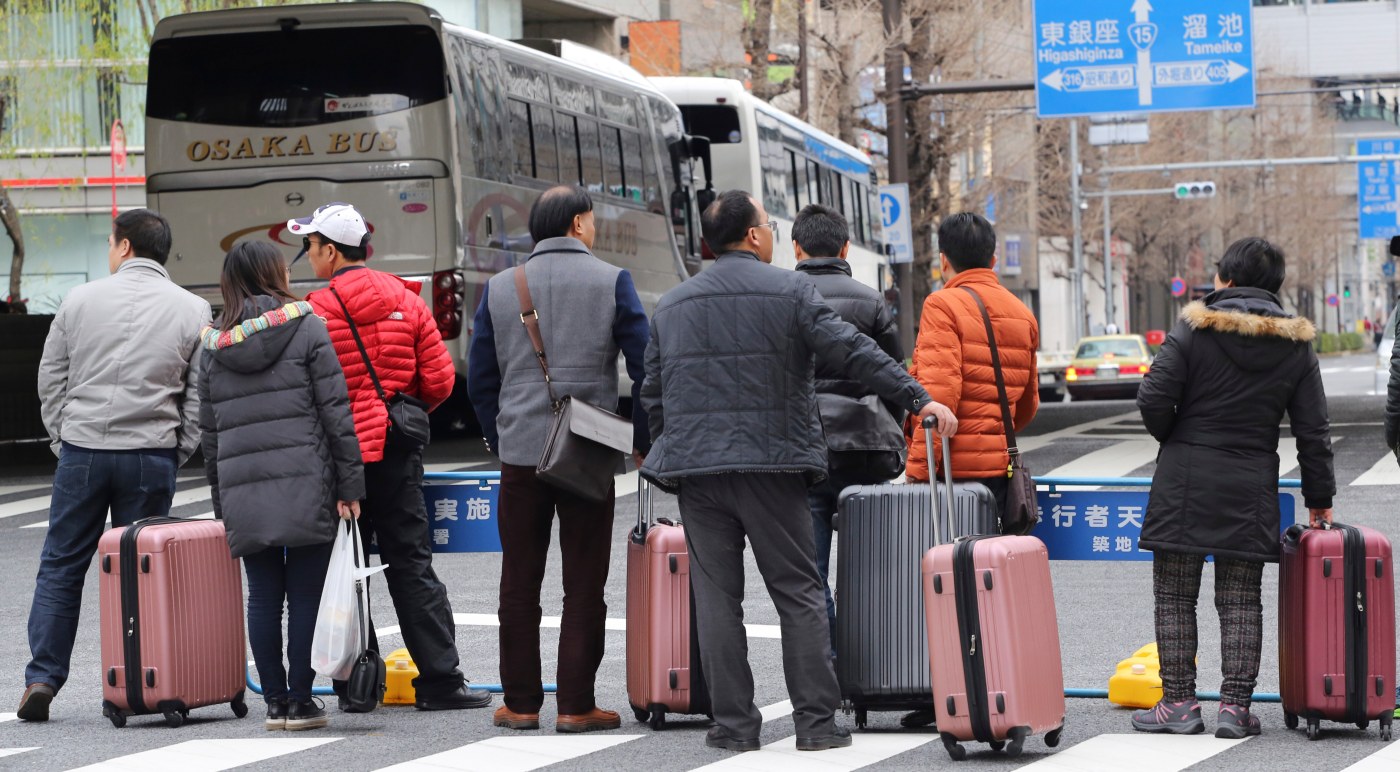Japan Raises Objections After China Advises Citizens to Avoid Visiting Amid Taiwan Remarks Dispute
Japan raised objections on Saturday following China’s advisory for its citizens to avoid traveling to Japan. The move comes amid ongoing tensions sparked by remarks from Japan’s new Prime Minister, Sanae Takaichi, concerning Taiwan.
According to Japan’s Kyodo News Service, the Tokyo government lodged an official protest. Chief Cabinet Secretary Minoru Kihara, the top government spokesperson, urged China to take “appropriate measures” in response to the advisory.
China issued the travel warning on Friday, advising its citizens to refrain from visiting Japan in the near future. The advisory cited past attacks against Chinese nationals in Japan and criticized Prime Minister Takaichi’s “erroneous remarks” on Taiwan. China claimed these remarks undermined the atmosphere for China-Japan exchanges.
Highlighting the importance of dialogue, Kihara told reporters that multilayered communication is crucial, especially given the differences between the two governments.
China has repeatedly urged its nationals to take security precautions when visiting Japan over the past year. However, the latest advisory is notably stronger in discouraging travel, according to notices posted on the Chinese embassy’s website in Tokyo.
Japan remains an immensely popular destination for Chinese tourists, contributing significantly to its economy. However, this influx has occasionally sparked anti-China and anti-foreigner sentiments among some Japanese groups.
The impact of China’s advisory on Chinese tourists’ willingness to visit Japan remains uncertain. Nevertheless, several Chinese airlines responded promptly by offering no-penalty refunds on previously purchased tickets to Japan following the government’s announcement.
This dispute highlights the fragility of Japan-China relations, which could face increased challenges under Prime Minister Takaichi’s leadership. She advocates for strengthening Japan’s military capabilities to counter potential threats from Beijing and address territorial claims in contested waters of the western Pacific.
Last month, after becoming prime minister, Takaichi stated in parliament that a Chinese attack on Taiwan could represent “an existential threat” to Japan, potentially necessitating the use of military force.
China strongly objected to these remarks. The Chinese consul general in Osaka posted on social media last weekend, saying, “we have no choice but to cut off that dirty neck that has been lunged at us.” Although the comment was later removed, it sparked a diplomatic protest from Japan and fueled a weeklong exchange of tensions.
China claims Taiwan, a self-governing island off its coast, as part of its territory. In recent years, it has conducted military drills around the island as a show of force.
Neither the United States nor Japan maintains official diplomatic relations with Taiwan. However, the U.S. is Taiwan’s primary supplier of defense equipment and opposes any resolution of the China-Taiwan situation by force.
Japan is a key military ally of the United States and hosts American troops at multiple U.S. bases across its territory, including a major Navy base south of Tokyo.
As the situation continues to evolve, the dispute underscores the delicate balance in East Asia’s geopolitical landscape and the challenges facing diplomatic relations between Japan and China.
https://www.bostonherald.com/2025/11/15/japan-protests-chinas-travel-advisory-over-taiwan-remarks/



